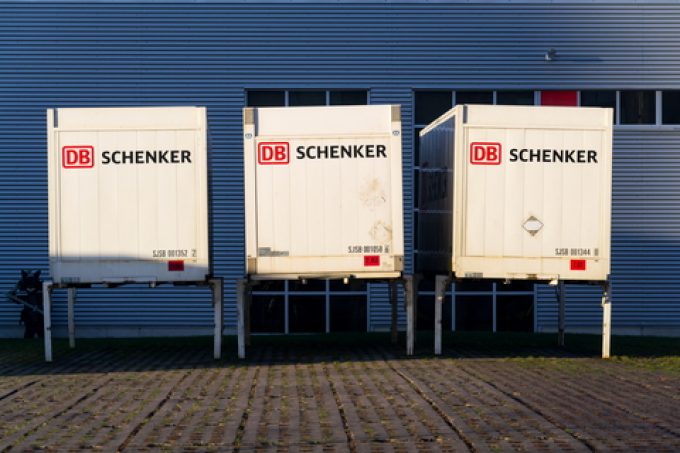DSV – 'overheating'
Exhaustion setting in?

If the name of the game is moving less cargo at higher prices, then the large forwarders have certainly achieved it.
DB Schenker reported today that volumes in the first half had shrunk by 5.4% in air, 3.4% in sea and 5.5% in land, year on ...
MSC switches two more Asia-Europe port calls from congested Antwerp
CMA airline returns two freighters, while ANA takeover of NCA looms
Front-loading frenzy has made traditional H2 peak season 'unlikely'
Tradelanes: Export boom in Indian sub-continent triggers rise in airfreight rates
Carriers introduce surcharges as congestion builds at African ports
Mexican airport modernisation plan unlikely to boost cargo facilities
Ports and supply chain operators weigh in on funding for CPB
Box ship overcapacity threat from carrier appetite for new tonnage

Comment on this article